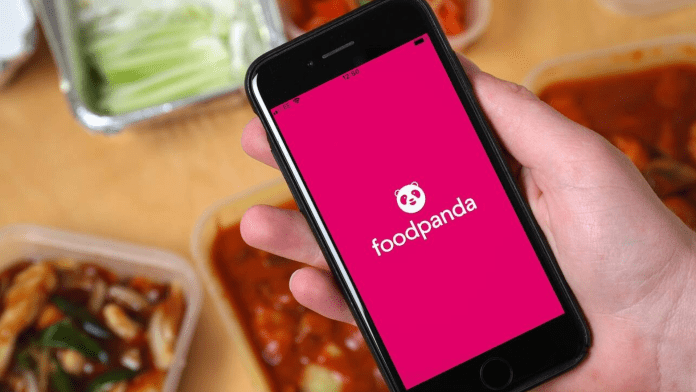On Friday, Foodpanda, a food delivery service headquartered in Singapore, officially announced its ongoing round of layoffs, emphasizing the continued importance of becoming “more agile” in response to evolving needs.
“Our company priority right now is to become leaner, more efficient and even more agile. To do this, we need to streamline our operations so we can take on a more structured approach for the coming days,” Jakob Sebastian Angele, APAC CEO of Foodpanda, said on Thursday in a letter shared with employees.
He refrained from specifying the number of affected employees or the departments involved.
According to media reports, Foodpanda is now undergoing its third round of layoffs, following previous job cuts in February and September of the previous year due to macroeconomic challenges. Additionally, both Grab and Deliveroo have also implemented workforce reductions this year.
“While we already implemented some measures earlier this year, there is more we have to do to create the right set-up for our operations,” said Angele.
Angele stated that these measures encompass a review of the organizational structure within both regional and country teams. Additionally, there will be a realignment of certain functional reporting lines to different leaders to enhance consistency and concentration.
The layoffs coincide with Delivery Hero, the parent company of Foodpanda, engaging in initial talks with potential buyers regarding the sale of a portion of its Southeast Asian food delivery operations, as confirmed by the Berlin-based company.
On Wednesday, a report from the German media outlet WirtschaftsWoche revealed that Delivery Hero is divesting its operations operating under the Foodpanda brand in Singapore, Cambodia, Malaysia, Myanmar, the Philippines, Thailand, and Laos.
“Delivery Hero confirms negotiations with several parties regarding a potential sale of its foodpanda business in selected Southeast Asia markets. Any discussions or plans are in their preliminary stages,” the company stated without specifying the markets involved.
According to the German media report, competitor Grab was mentioned as a potential buyer. When contacted for a response, Grab chose not to comment on the matter.
“Grab’s competitors whether Gojek or Foodpanda are losing market share. Grab is gaining market share in deliveries from Foodpanda who might even exit few markets in due course. Foodpanda is dis-advantaged due to its stand-alone delivery model,” said Sachin Mittal, head of telecom, media and technology research at DBS Bank, in a Sept. 21 note.
In 2022, according to a report from the tech research firm Momentum Works, Grab emerged as the dominant force in Southeast Asia’s food delivery sector, securing a 54% share of the region’s gross merchandise value. In comparison, Foodpanda claimed 19%, while Gojek held 12%.
Amid challenging economic conditions, food delivery companies are striving to maintain their operations. Grab has taken measures to reduce costs in recent quarters, prioritizing profitability. Delivery Hero has reiterated its commitment to building a sustainable, profitable business as its primary focus.
Delivery Hero, which was founded in 2011, has not achieved profitability to date. In the first half of 2023, the company reported a net loss of 832.3 million euros ($886.9 million), marking an improvement compared to the loss of 1.495 billion euros recorded in the same period the previous year.
According to Jonathan Woo, a senior research analyst at Phillip Securities Research, the potential sale of Foodpanda’s Southeast Asia businesses represents a common occurrence in the market, often seen as a form of consolidation following intense competition, particularly in light of the heightened focus on profitability.
“Only a few market players — Grab, GoTo — in Southeast Asia could buy out Foodpanda,” said Woo, adding that such an acquisition would be “most appealing to Grab” which is more entrenched in the region compared to GoTo or Deliveroo.
GoTo is the result of a merger between Indonesia’s Gojek, known for its ride-hailing and food delivery services, and the e-commerce behemoth Tokopedia.
Back in December 2021, Foodpanda revealed plans to reduce its presence in Germany and exit the Japanese market. As consumer behavior shifts towards resuming daily routines and dining out more frequently, both Foodpanda and Grab have also expanded their offerings to include dine-in services.





